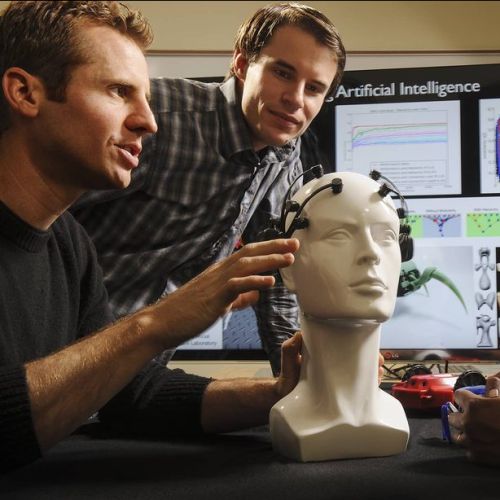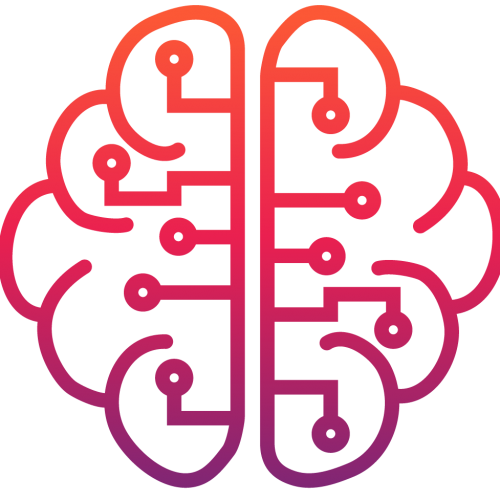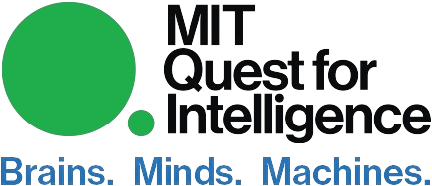Past Events
-

Quest | CBMM Seminar Series - Mike Hasselmo
Date: September 12, 2023 | 4pm ESTLocation: Singleton Auditorium, Building 46Recordings of neurons in cortical structures in behaving rodents show responses to dimensions of space and time relevant to encoding and retrieval of spatiotemporal trajectories of behavior in episodic memory. This includes the coding of spatial location by grid cells in entorhinal cortex and place cells in hippocampus, some of which also fire as time cells when a rodent runs on a treadmill (Kraus et al., 2013; 2015; Mau et al., 2018). Trajectory encoding also includes coding of the direction and speed of movement. Speed is coded by both firing rate and frequency of neuronal rhythmicity (Hinman et al., 2016, Dannenberg et al., 2020), and inactivation of input from the medial septum impairs the spatial selectivity of grid cells suggesting rhythmic coding of running speed is important for spatial coding by grid cells (Brandon et al., 2011; Robinson et al., 2023). -

Quest | CBMM Seminar Series - Dan Yamins
Date: May 18, 2023 | 2:00PM ESTLocation: Singleton Auditorium, Building 46The emerging field of NeuroAI has leveraged techniques from artificial intelligence to model brain data. In this talk, Yamins will show that the connection between neuroscience and AI can be fruitful in both directions. Towards "AI driving neuroscience", he will discuss a new candidate universal principal for functional organization in the brain, based on recent advances in self-supervised learning, that explains both fine details as well as large-scale organizational structure in the vision system, and perhaps beyond. In the direction of "neuroscience guiding AI", Yamins will present a novel cognitively-grounded computational theory of perception that generates robust new learning algorithms for real-world scene understanding. Taken together, these ideas illustrate how neural networks optimized to solve cognitively-informed tasks provide a unified framework for both understanding the brain and improving AI. -

Quest | CBMM Seminar Series - Eero Simoncelli
Date: May 9, 2023, 4pmLocation: Singleton Auditorium, Building 46Generally, inference problems in machine or biological vision rely on knowledge of prior probabilities. Recently, machine learning has resulted in dramatic improvements by using artificial neural networks. These prior probabilities are implicit and intertwined with the tasks for which they are optimized. -

Quest | CBMM Seminar Series - Jeff Clune
Date: May 2, 2023 | 4:00PM ESTLocation: Singleton Auditorium, Building 46Quality Diversity (QD) algorithms are those that seek to produce a diverse set of high-performing solutions to problems. Clune will describe them and a number of their positive attributes. He will summarize how they enable robots, after being damaged, to adapt in 1-2 minutes in order to continue performing their mission. Next, he will describe our QD-based Go-Explore algorithm, which dramatically improves the ability of deep reinforcement learning algorithms to solve previously unsolvable problems wherein reward signals are sparse, meaning that intelligent exploration is required. -

Quest | CBMM Seminar Series - Leila Wehbe
Date: April 25, 2023 | 4:00PM ESTLocation: Singleton Auditorium, Building 46Aligning neural network representations with brain activity measurements is a promising approach for studying the brain. However, it is not always clear what the ability to predict brain activity from neural network representations entails. In this talk, I will describe a line of work that utilizes computational controls (control procedures used after data collection) and other procedures to understand how the brain constructs complex meaning. I will describe experiments aimed at studying the representation of the composed meaning of words during language processing, and the representation of high-level visual semantics during visual scene understanding. These experiments shed new light on meaning representation in language and vision. -

Quest | CBMM Seminar Series-Elizabeth Spelke
Date: April 11, 2023 | 4pm ESTLocation: Singleton Auditorium, Building 46More than two decades after her death, Eleanor Gibson still may be the best experimental psychologist ever to work in the developmental cognitive sciences, yet her work appears to have been forgotten, or never learned, by many students and investigators today. Here, drawing on three of Gibson’s autobiographies, together with her published research and a few personal recollections, Spelke aims to paint a portrait of her life and science. -

Quest | CBMM Seminar Series - Chiyuan Zhang
Date: March 21, 2023 | 4:00pm ESTLocation: Singleton Auditorium, Building 46Quantifying and Understanding Memorization in Deep Neural Networks Abstract: Deep learning algorithms are well-known to have a propensity for fitting the training data very well and memorize idiosyncratic properties in the training examples. From a scientific perspective, understanding memorization in deep neural networks shed light on how those models generalize. From a practical perspective, understanding memorization is crucial to address privacy and security issues related to deploying models in real world applications. -

AI@MIT Panel Discussion
Date: March 7, 2023 | 4:00PM ESTLocation: View the Event RecordingsJoin the MIT Quest for Intelligence and the Artificial Intelligence @ MIT Student Group for a Panel Discussion! This event will focus on MIT Quest for Intelligence Research Missions and Engineering Projects. Speakers include: Ila Fiete, Associate Investigator, McGovern Institute, Katherine Fairchild, Engineering Team Lead, MIT Quest for Intelligence, and Martin Schrimpf, Research Scientist, MIT Quest for Intelligence.
